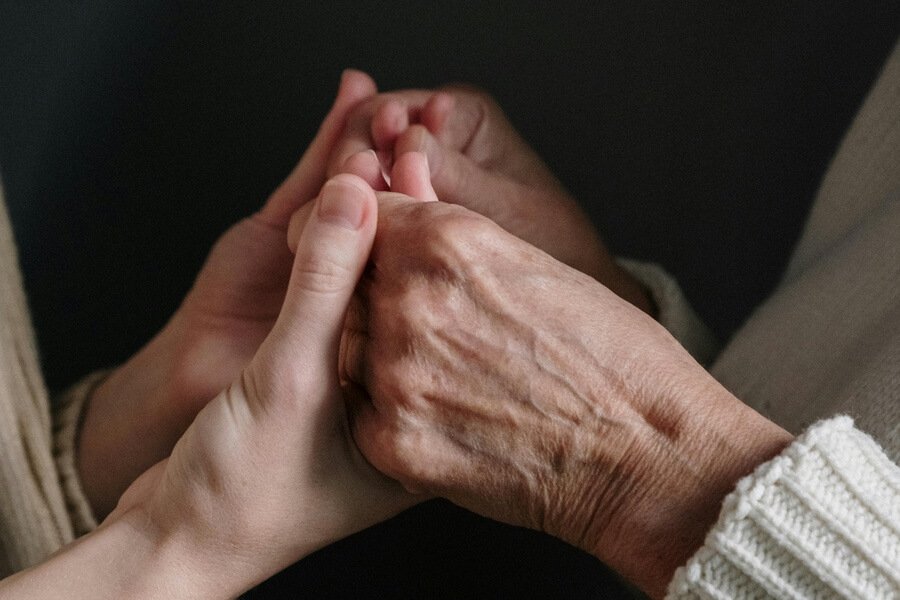We don’t talk about it enough, but growing older can be really tough on mental health. Many older people face big changes in their lives – losing loved ones, dealing with health problems, or feeling more alone as the years go by. These experiences can lead to depression, anxiety, or just a sense of emptiness that’s hard to shake.
The good news is that there are plenty of ways we can make a difference. A bit of time, care, and patience can go a long way toward helping someone feel supported and valued.
1. Be There and Listen
Sometimes the best thing you can offer is your time.
Sit down with them, have a chat, and just listen. Don’t try to fix everything straight away – just hearing someone out can mean the world. Avoid brushing things off with phrases like “you’ll be fine” or “everyone feels that way sometimes.”
Let them know their feelings are valid, and that you care.
2. Keep Them Connected
Loneliness is one of the biggest things that affects mental health in later life. Staying connected helps so much.
Encourage regular catch-ups with friends and family – even short visits or phone calls can brighten someone’s day.
If they can’t get out easily, help them connect through video calls or local social groups.
Being part of something makes people feel valued and less alone.
3. Help Them Find Purpose
Everyone needs to feel needed and useful.
Encourage small, meaningful activities – watering the plants, doing a bit of baking, helping with a hobby, or spending time with grandchildren.
It doesn’t have to be anything big – just something that brings joy and purpose.
A reason to get up in the morning can do wonders for mental well-being.
4. Keep an Eye on Their Health
Physical and mental health go hand in hand.
Encourage regular check-ups with the doctor, especially if you notice big mood changes or confusion.
Sometimes, things like medication side effects, hearing loss, or pain can worsen anxiety or depression.
A simple review can make a huge difference.
5. Encourage Professional Support
There’s absolutely no shame in getting help.
A GP, counsellor, or therapist can offer real support and guidance.
If they’re nervous about asking for help, offer to go with them to their first appointment or help them make the call.
Just knowing someone’s by their side makes it less scary.
6. Support a Healthy Routine
Little lifestyle habits can help lift the mood and sharpen the mind.
Encourage gentle daily exercise, a balanced diet, and regular sleep.
Having a bit of structure – like a walk after breakfast or a hobby in the afternoon- gives the day shape and stability.
7. Be Patient and Kind
Healing takes time. There will be good days and bad days – that’s okay.
Keep showing kindness, keep reaching out, and remind them that they’re loved and not alone.
Small gestures, like a cup of tea and a chat, can go a long way.
Final Thoughts
Supporting an elderly person who’s struggling with their mental health doesn’t mean having all the answers – it just means being there. A bit of compassion, patience, and understanding can make an enormous difference.
Growing older doesn’t have to mean growing lonelier or sadder. With care and connection, we can help the people we love feel safe, valued, and supported – no matter their age. If you know an older person who might be struggling, reach out today – it might mean more than you think.
For more information and support visit Age UK. Another amazing organisation for advice is the Alzheimer’s Society.
About the Author
Caroline Weir
Having suffered from mental health issues at various stages throughout her life, Caroline is passionate about sharing stories, strategies, valuable information and resources to help others.





